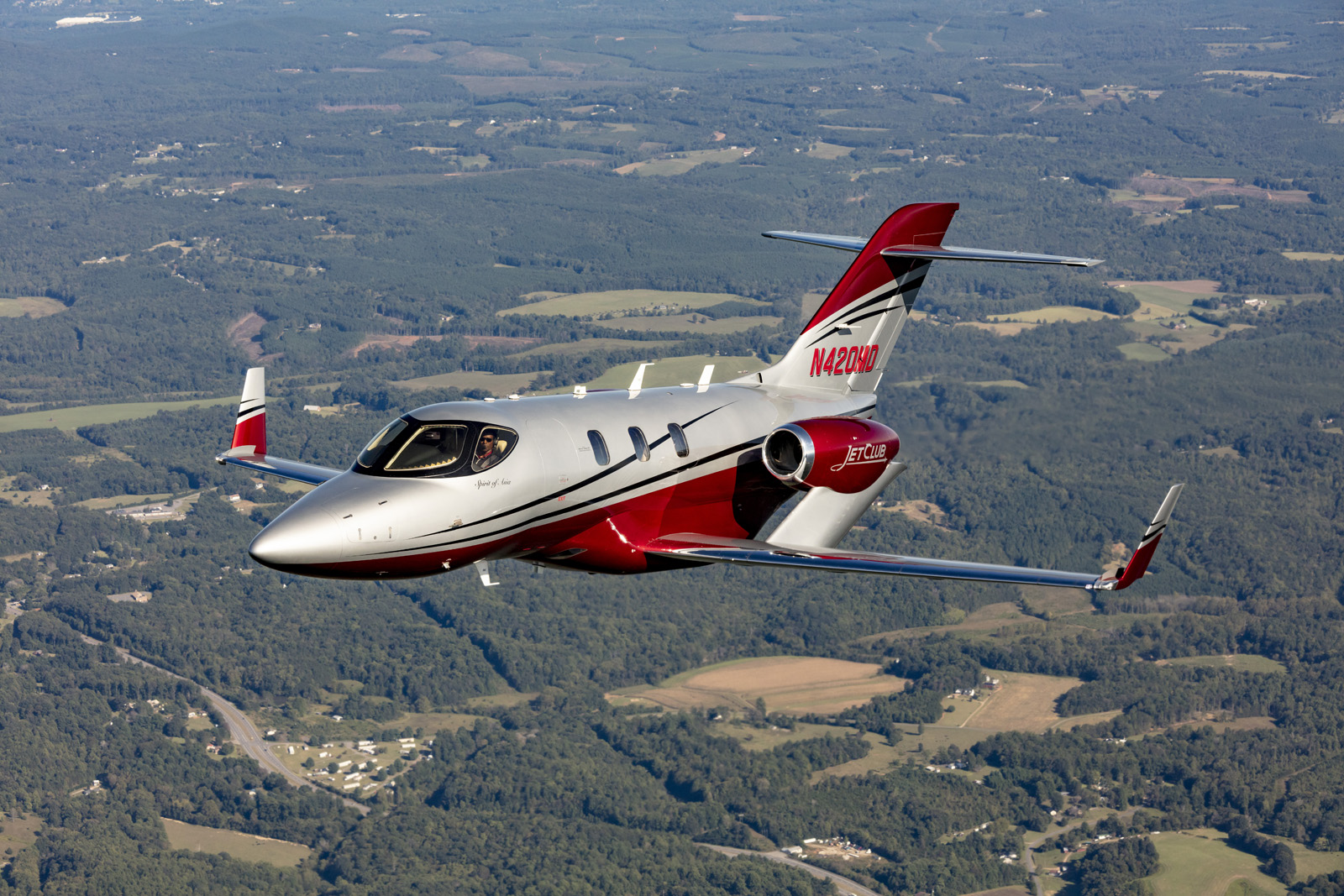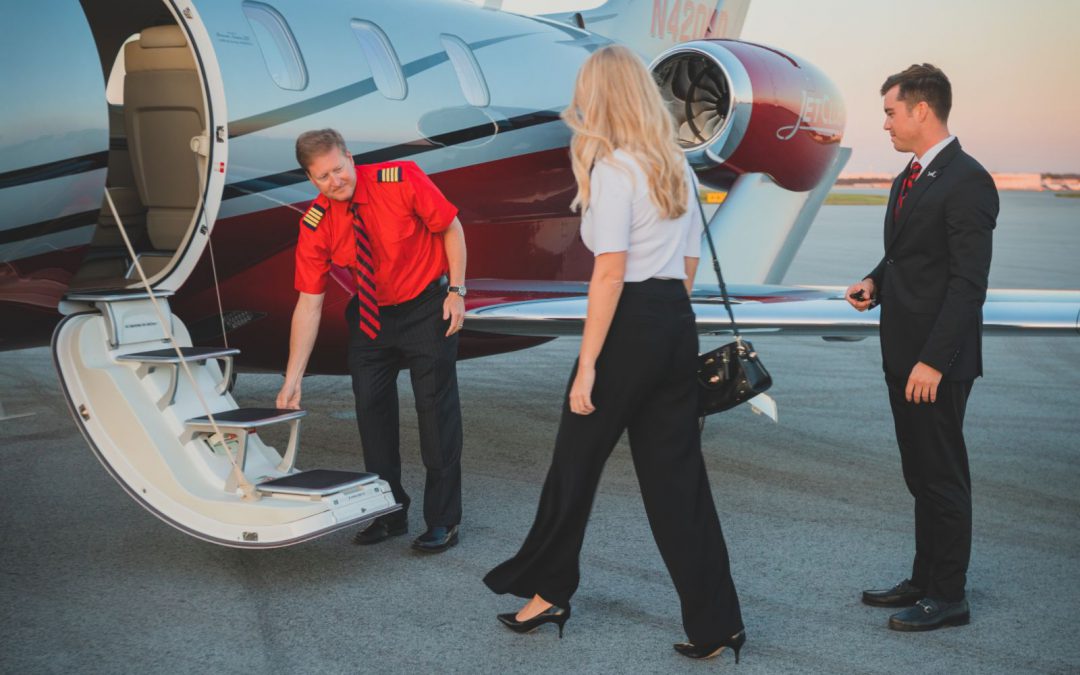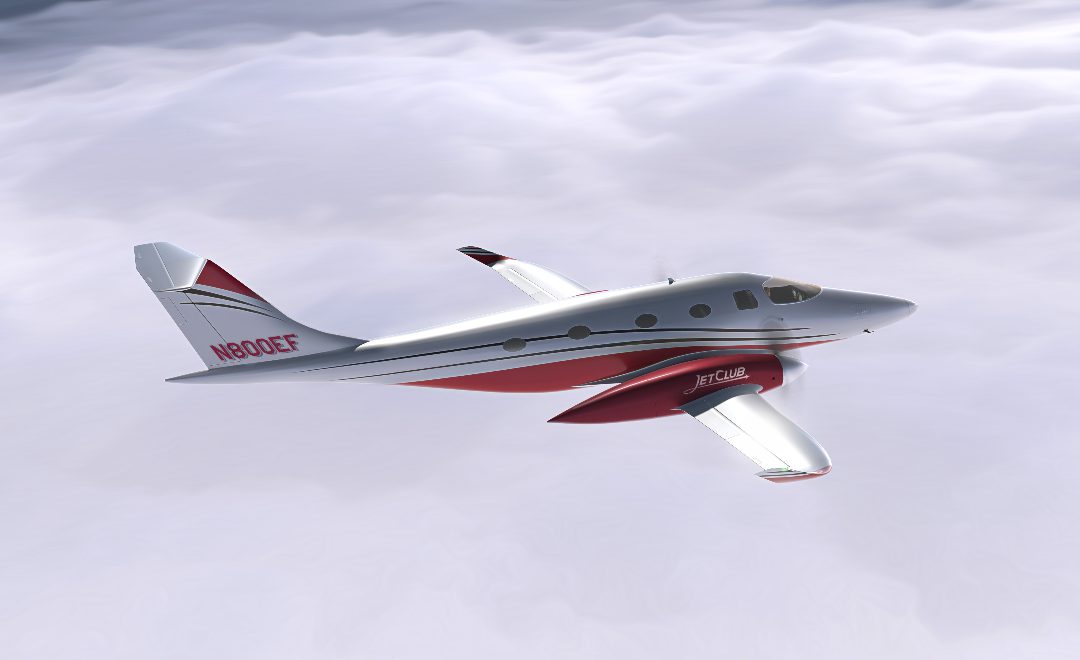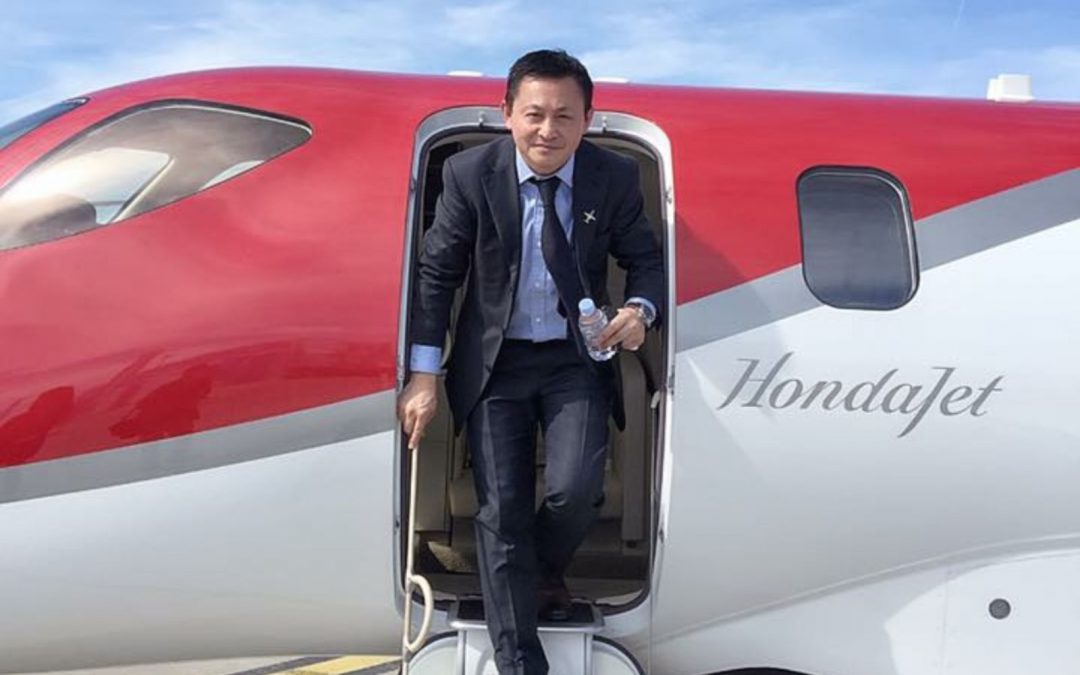We all remember the Monday morning 6:00 AM and Friday late evening crowded commercial flights in the pre-COVID days. The propensity to execute businesses, build a vibrant economy and a better quality of life and to see new places drove 4.5 billion air travel trips globally in 2019.
Then, COVID completely changed the way people perceive and access travel. The fear of traveling on crowded flights and getting infected diminished global air travel by more than 90%. However, an unexpected trend emerged. Post lockdowns, while airlines have seen single digit growth compared to 2019 levels, business aviation in Europe and across the Globe showed a remarkable recovery backed by the need of businesses and HNWIs to travel safely for undertaking their businesses in the safety of private aircraft and operators opening new business models of selling seats on private jets. Per WingX report in October 2020, the recovery in business jet traffic in USA at that point in Autumn 2020 reached around 85% of comparable 2019 activity.
The use of business aircraft saves time, provides convenience, privacy, reduced touchpoints for safety, and overall productivity, leading to a snowball effect of economic growth. Europe is now primed to take advantage of this situation and focus on re-invigorating its robust business aviation ecosystem. In parallel, allowing vibrancy and prosperity to return to industry at large. It is well documented and evidenced that it makes sound economic sense for certain companies and individuals to utilize business aviation, either through ownership, and fractional ownership or charter business models such as JetClub.

Business aviation positively impacts jobs and the European economy
This industry has generated millions of jobs and added billions of dollars to the economy (source: NBAA).
Just as airlines do, business aviation companies in Europe employ highly skilled engineers, mechanics, flight despatchers, managers and pilots and are supported by several organizations which provide services such as aircraft maintenance, air charter brokerage, ground handling, food and beverage and technology. It follows that an increase in the number of business aircraft creates high quality career opportunities for professionals, who wish to contribute to the aviation sector. The industry also has a significant contribution to the economy.
An increase in business aviation also increases the possibilities for new businesses such as fixed based operators (FBO). Consider this, per NBAA (in 2015), there were an estimated 3,000 FBOs in U.S., generating USD 15 billion in annual revenue. Europe’s FBO industry, although witnessing a flat growth since last 5 years, has opportunity to grow into a sizeable market post COVID.
A change in perception on usage of corporate or charter aircraft will enhance corporate productivity
We have seen instances where CEOs of public companies have put off their decision to purchase a business aircraft or use chartered flights when it was direly needed. This was done from the perspective that the shareholders might think of an aircraft purchase or use of chartered flights as an unjustified expense. For example, in a recent instance shareholders of a well-known company questioned the minor use of chartered flights of its CEO, who travelled for more than 500 hours in a year in commercial airlines.
A business aircraft is an important tool that gives busy executives the ability to remain “close to the customer” in a challenging business environment and reduces waste by saving thousands of hours of non-productive travel time. Further, business aircraft has become more accessible through fractional ownership business models such as JetClub provides.
The beauty of business aviation via a model such as JetClub is that a team of three to four executives can travel anywhere and return home the same day. The average cost per seat on a light jet is only slightly higher than a business class fare of a commercial airline. In addition, executives can avoid overnight stay at hotels which not only saves costs, but they are also able to return home to their families rather than spend a night at a hotel. The cost of accessing business aviation / private jet travel via JetClub is, in many cases, lower than was seen pre-COVID. As such, there is a new customer base of SME’s and entrepreneurs that can access business aviation for the first time. These businesses have a valuable contribution to make to European economies; indeed, they are the future.

Increase in entrepreneurial opportunities
For decades, business aviation companies in the US and Europe have been enhancing business models by introducing fractional jet ownership, aggressive empty leg marketing, shared private flights, airline partnerships by leveraging technology, investments and tax regulations and thus bringing down the cost of chartered and private flights.
Particularly the business aviation has been plagued with mindset fatigue i.e. it continues to follow the traditional marketing business practices and operating processes in the same way as it has been done for the past two decades. A few companies tried to use technology to drive aggregation but have not yet been successful due to lack of innovation in their offerings and lack of supply of enough aircraft to trigger new innovations. However, the COVID pandemic has offered a unique opportunity for on-demand aviation entrepreneurs to disrupt this industry.
Innovations happen when markets are large and scalable. New entrepreneurial opportunities will emerge when Government enables change and introduce new regulations to increase supply of business aircraft in the country.
A more sustainable approach to flying
Business aviation has been at the forefront of adopting environmentally sustainable practices even though it contributes to less than 2 percent of all aviation and 0.04 percent of all global GHG emissions. Stakeholders across the value chain – manufacturers, fuel producers, operators and government leaders have proactively found ways to discuss and implement sustainable flying initiatives such as development of sustainable fuels and formulating carbon offsetting programs.
Recently, JetClub announced its plans to add the electric e-Flyer 800 to its fleet. The JetClub HondaJet is already sustainable in comparison with many heavier jet options. The addition of an all-electric option is a major leap forward for the company and the industry.
With all this said, Europe is ready to embrace the new-normal, facilitate business travel, and support economic recovery.
To learn more about fractional ownership with JetClub – click here.





